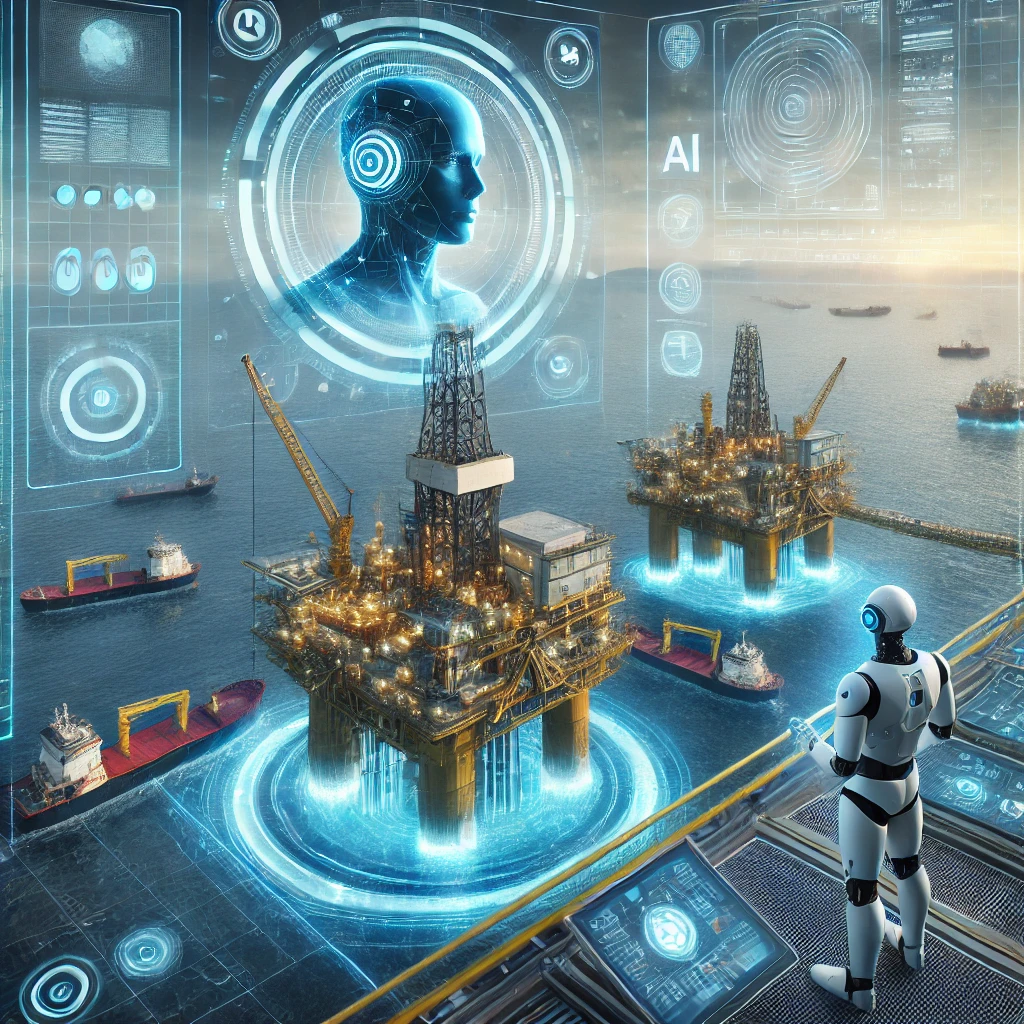The oil and gas sector, long driven by manual labor and expertise honed over decades, is on the verge of a major transformation as the world’s first AI-powered drilling engineer begins its training. This groundbreaking development could reshape how the energy industry approaches drilling, making operations faster, safer, and more efficient.
The AI drilling engineer, a collaborative project between top energy companies and leading AI firms, is designed to autonomously manage complex drilling operations that have traditionally required highly skilled human engineers. This AI system can analyze vast amounts of data in real-time, predict potential challenges, and make critical decisions that optimize drilling processes.
A New Era for Drilling
Training for the AI drilling engineer is currently underway at a state-of-the-art facility, where it is being exposed to a wide range of drilling scenarios, from routine operations to more complex and dangerous environments. The AI is fed historical data from thousands of wells, allowing it to learn from both successes and failures in the field. It’s also being tested in simulated environments that mimic the conditions of deep-sea drilling, shale extraction, and other challenging situations.
The goal is to create an AI system capable of making real-time decisions, such as adjusting drilling speed, controlling pressure, and managing drilling fluids, all while ensuring the safety of operations. By automating these tasks, the AI drilling engineer could significantly reduce human error, which is a leading cause of costly delays and accidents in drilling operations.
Advantages of AI in Drilling
One of the key advantages of using AI in drilling operations is its ability to process and interpret vast amounts of data far beyond what human engineers can analyze in the same amount of time. This includes data from seismic surveys, well logs, and real-time sensor information from the drilling equipment. The AI system can detect patterns and predict outcomes with incredible accuracy, enabling it to make decisions that optimize performance and minimize risks.
Additionally, AI can continuously learn and improve over time. As it encounters new drilling environments and challenges, it adapts its decision-making processes, becoming more efficient and reliable with each operation.
Dr. Sarah Martinez, a leading AI researcher involved in the project, explained, “The AI drilling engineer doesn’t just follow a set of pre-programmed instructions. It learns from the data it processes and evolves its strategies, ensuring that it can handle the unique challenges of each new well it encounters.”
Impact on the Workforce
While the development of AI in the oil and gas industry has raised concerns about job displacement, industry leaders insist that AI will complement human engineers rather than replace them. The AI drilling engineer is expected to handle routine tasks and data processing, freeing human engineers to focus on higher-level decision-making, innovation, and oversight.
“AI will enhance the capabilities of our engineers,” said David Roberts, CEO of one of the energy companies involved in the project. “By automating the more dangerous and repetitive aspects of drilling, we can ensure safer and more productive operations while allowing our human experts to focus on strategy and problem-solving.”
Moreover, the integration of AI into drilling operations is seen as a way to address the industry’s ongoing talent shortage. With fewer people entering the field of petroleum engineering, AI could help fill the gap by taking on tasks that are becoming harder to staff.
Looking to the Future
The world’s first AI drilling engineer is expected to complete its training within the next year, with plans to deploy it in live drilling operations shortly after. Early tests suggest that AI could drastically reduce the time and cost associated with drilling new wells while improving safety and environmental compliance.
As the energy industry continues to grapple with challenges such as fluctuating oil prices and the push for cleaner, more efficient extraction methods, AI could play a pivotal role in the sector’s future. The success of this AI drilling engineer may pave the way for broader AI adoption across the industry, including in areas like resource management, logistics, and even renewable energy.
This historic milestone marks the beginning of a new era in drilling—one where machines and humans work hand-in-hand to unlock the full potential of the world’s energy resources, ensuring a safer, more efficient future for the industry.


